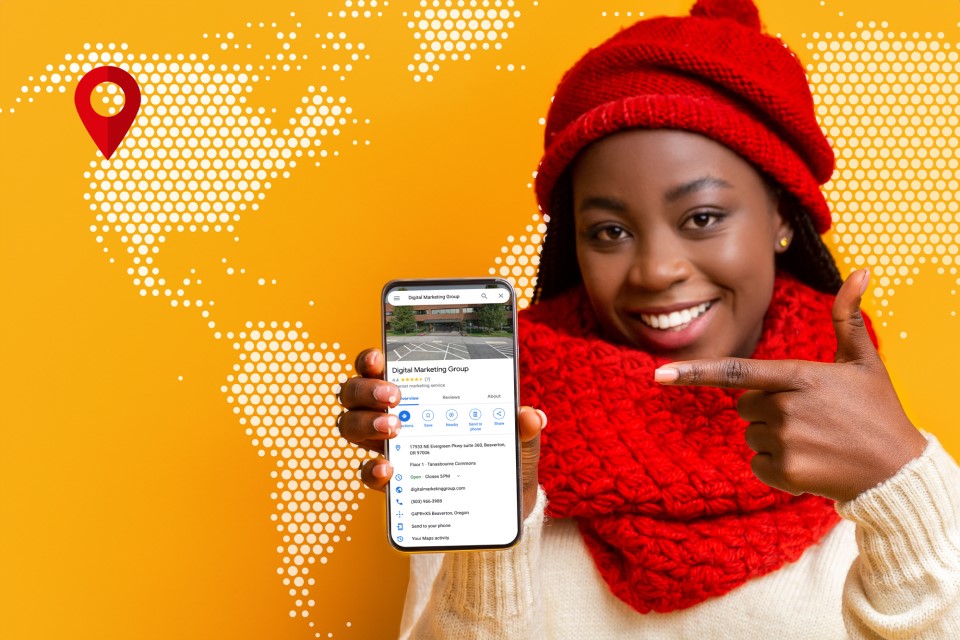You’ve finally decided to go big and invest in online marketing. You’re ready to launch your marketing campaign and are looking for big results. You want the biggest bang for your buck.
The problem: where should you put your money, time, and effort? What will bring in the highest level of traffic? What will bring in traffic ready and willing to convert?
If you’ve done a little research, you might be scratching your head, wondering how to proceed. With so many options, where should you focus first? You may have even narrowed it down based on the millions of pages of information out there on the topic of online marketing: SEO or PPC.
They both offer promise. They both sound enticing. Both will drive high levels of traffic to your site. But what makes the most sense for your business?
Let’s Look At The Stats
If you are a marketer or a business owner, you probably live by stats. The proof is in the pudding, or so the saying goes.
The stats for both SEO and PPC can leave you … breathless. Wild with anticipation at the sheer numbers out there.
SEO Stats:
- 70 percent of the links search users click on are organic
- 70-80 percent of users ignore the paid ads, focusing on the organic results
- The first organic search result will get nearly 33 percent of clicks
- 75 percent of users never scroll past the first page of search results
- SEO leads have a 14.6 percent close rate, while outbound leads (such as direct mail or print advertising) have a 1.7 percent close rate
- For Google, a study from Slingshot SEO shows 18 percent of organic clicks go to the #1 position, 10 percent of organic clicks go to the #2 position, and 7 percent of organic clicks go to the #3 position
Are you excited yet? SEO sounds great! It’s the way to go. Well …
Let’s look at PPC Stats:
- Search ads can increase brand awareness by 80 percent
- Three out of four shoppers who find local information in search results helpful are more likely to visit stores
- 1.5 million American businesses, website publishers, and non-profits put these tools to work and created an additional $222 billion in economic activity for the U.S. economy
- Businesses make an average of $2 in income for every $1 they spend in AdWords
Convinced? Confused?
Both strategies tote impressive numbers. So it’s easy to assume that no matter which you choose, getting qualified and converting leads won’t be a problem. And you’d be right.
The outcome can be the same no matter which you choose. Both offer benefits. And of course, they both have their limitations too. Let’s look at both.
Dig Deeper
The Difference Between SEO, SEM, SMO And What You Really Need
How Do You Know If Your SEO Campaign Succeeds?
The Biggest Advantage Of SEO
The biggest reason business owners are so attracted to SEO is because of its cost-effectiveness.
With PPC, you pay to play. It works as long as continue to pay. Turn it off, and the traffic goes away.
With SEO, what you put into it continues to reap the rewards even if you stop putting money in. Falloff will happen over time, but in general, you can stop investing in SEO, and it will continue to work for you once it’s in place.
The average cost per click of a PPC campaign in Google AdWords is between $1 and $2 on the search network. The most expensive keywords in AdWords can run you $50 or more. These are generally in the very competitive marketplaces, such as law and insurance.
It takes a fairly large budget to get a new PPC campaign up and running. And you have to account for the learning factor as well, which means you’ll pay while tweaking your ads and finding the right ways to approach your target audience.
SEO works differently. It starts slow and builds over time. You build internally in your online presence to ensure your website, blog, and social media platforms are rich in SEO appropriate content.
The Biggest Advantage of PPC
Are you leaning towards investing in SEO? Well, hold on a minute. Because PPC has a lot to offer too.
The biggest advantage of PPC is instantaneous results.
From the beginning, you can buy qualified leads that visit your site and take action. Today. As soon as you turn the process on.
That means it’s perfect for new businesses or businesses that have never optimized their online marketing campaigns. If you want instant results, PPC is your best option.
While you may up spending more, especially in the beginning, paid search results work so well because they’re always there, working for you. In-your-face marketing, following your potential customers around reminding them of who you are and what you sell.
The more you optimize your ads, the better your results. And with a carefully crafted campaign, the results will be instant and frequent.
Plus you have a lot of options with PPC – it’s not just Google anymore. Are your prospects on Facebook? PPC works there. How about Twitter? Yep, there too. PPC can offer you many different ways to reach out and get in front of the people most likely to do business with you.
What Should You Do?
Still excited? Still confused?
The way we see it, both SEO and PPC have a place in every online marketing campaign.
A PPC campaign is often the best place to start. Instant traffic means instant revenue. And that’s important to help you grow.
But keep in mind you should have a sizable budget to start with, and be ready for lightning quick results. Can you handle a large uptick in customers? If so, you’re ready to go.
Once you launch your campaign, you’ll need to tweak your keywords, budget, ads, target pages, and even messages over time. (Don’t worry. That’s where we rock.)
Then it’s on to SEO. Because as you’re building your revenues and your exposure through PPC, you can build your SEO on the side.
It’s a gradual process of adding high-quality content and getting the search engines to recognize it. And once that happens … look out world!
There are a lot of variable in the SEO and PPC approach to online marketing. And if you don’t handle it the smart way, you’ll be left wondering where you went wrong.




